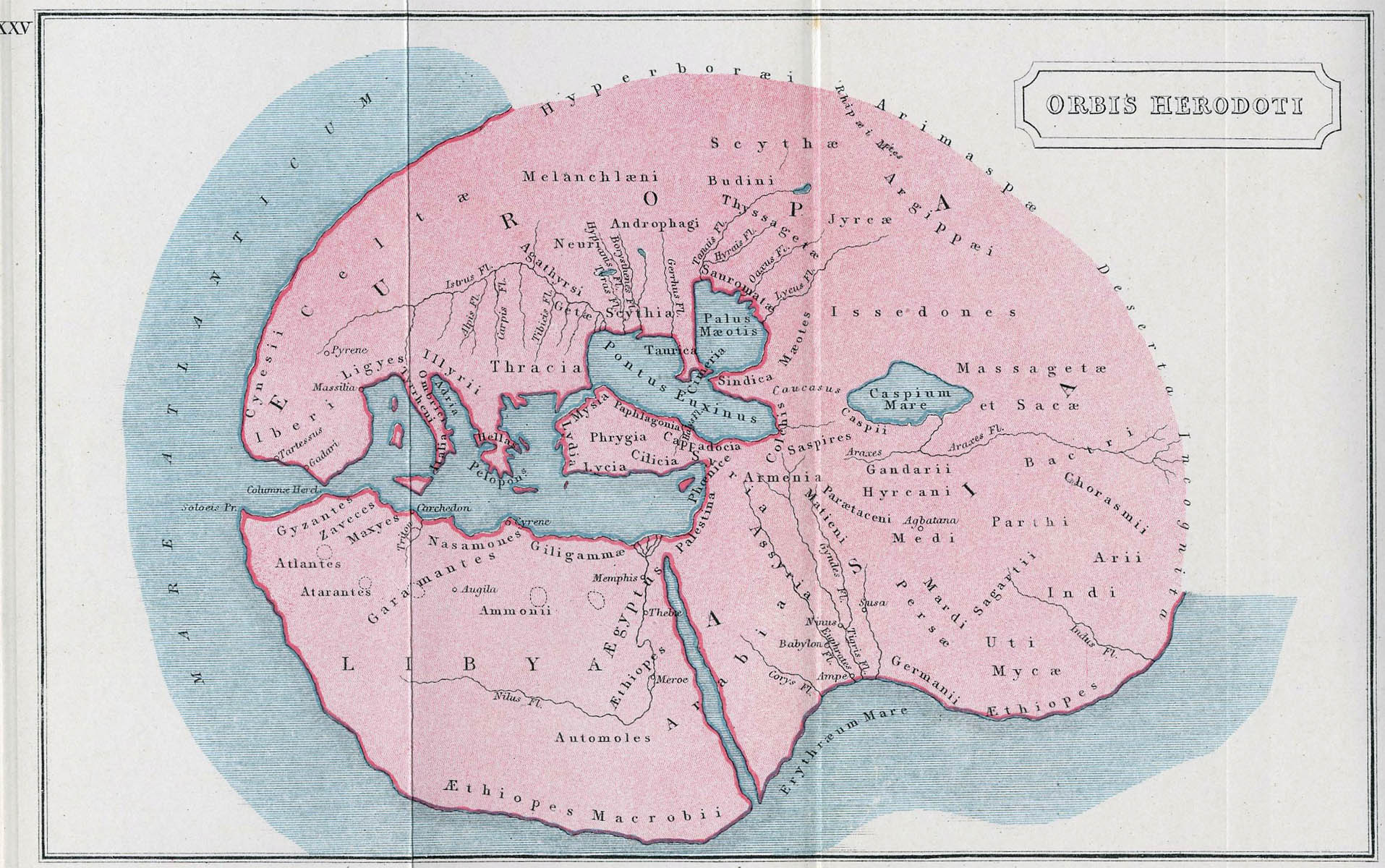Domen
Misico dux Vandalorum
According to:
"Conceptions on the origins of Slavic people":
http://grzegorj.w.interia.pl/lingwpl/pochoslo0.html
"Archaeologic reconstructions of the process of Slavic ethnogenesis":
http://www.staff.amu.edu.pl/~anthro/slavia/f6.html
H. Łowmianski estimated the Slavic population of Europe in the 11th century as 7,300,000 people.*
*It should be noted that Poland alone had at least 1,000,000 people at that time. So this is a reliable estimation (if not a low one).
K. Godłowski (supporter of the Allochtonic Theory of the origins of Slavs) estimated the Slavic population in early 6th century (shortly before their expansion from their "cradle" areas of modern Ukraine / Pripet Marshes according to Allochtonic Theory) as 300,000.
S. Kurnatowski (supporter of the Autochthonic Theory of the origins of Slavs) estimated the Slavic population in the 6th century (in a larger area than just Ukraine - since Kurnatowski supports the autochthonic theory, according to which Poland and some other Medieval Slavic areas were inhabited mostly by Slavic people much earlier than according to supporters of the allochtonic theory) as 1,600,000.
According to Josiah C. Russell ("Population in Europe"), population of Europe in year 500 (beginning of the 6th century) was 27,500,000 and in year 1000 (beginning of the 11th century) it was 38,500,000. Both numbers include population of Slavic areas (Rus included).
=========================================
This shows that European population increased during those 500 years by just 40%.
Slavic population, on the other hand, in the same time-frame increased by between 360% and 2330% !!!
How is this possible that Slavic people achieved such an enormous demographic success?
And doesn't this indicate that either Slavs lived much earlier in much larger areas than just Ukraine, or that they were extremely successful in assimilating conquered populations into their own Slavic language and culture? Otherwise such a rapid population growth is very unlikely.
==========================================
So it seems that either Slavs originally lived in bigger areas than is usually accepted according to the most popular, allochtonic theory (which usually says that Slavic tribes expanded from the area of modern Ukraine in the early 6th century AD), or that the Slavic ethnogenesis was mostly about rapid and efficient assimilation of huge local populations in conquered areas (but how they could theoretically manage to assimilate so large populations so quickly is also a mystery):
http://en.wikipedia.org/wiki/Ethnogenesis
Because it is hard to believe that Slavs had ca. 9 / 10 up to even 58 times faster population growth rates than other Europeans.
"Conceptions on the origins of Slavic people":
http://grzegorj.w.interia.pl/lingwpl/pochoslo0.html
"Archaeologic reconstructions of the process of Slavic ethnogenesis":
http://www.staff.amu.edu.pl/~anthro/slavia/f6.html
H. Łowmianski estimated the Slavic population of Europe in the 11th century as 7,300,000 people.*
*It should be noted that Poland alone had at least 1,000,000 people at that time. So this is a reliable estimation (if not a low one).
K. Godłowski (supporter of the Allochtonic Theory of the origins of Slavs) estimated the Slavic population in early 6th century (shortly before their expansion from their "cradle" areas of modern Ukraine / Pripet Marshes according to Allochtonic Theory) as 300,000.
S. Kurnatowski (supporter of the Autochthonic Theory of the origins of Slavs) estimated the Slavic population in the 6th century (in a larger area than just Ukraine - since Kurnatowski supports the autochthonic theory, according to which Poland and some other Medieval Slavic areas were inhabited mostly by Slavic people much earlier than according to supporters of the allochtonic theory) as 1,600,000.
According to Josiah C. Russell ("Population in Europe"), population of Europe in year 500 (beginning of the 6th century) was 27,500,000 and in year 1000 (beginning of the 11th century) it was 38,500,000. Both numbers include population of Slavic areas (Rus included).
=========================================
This shows that European population increased during those 500 years by just 40%.
Slavic population, on the other hand, in the same time-frame increased by between 360% and 2330% !!!
How is this possible that Slavic people achieved such an enormous demographic success?
And doesn't this indicate that either Slavs lived much earlier in much larger areas than just Ukraine, or that they were extremely successful in assimilating conquered populations into their own Slavic language and culture? Otherwise such a rapid population growth is very unlikely.
==========================================
So it seems that either Slavs originally lived in bigger areas than is usually accepted according to the most popular, allochtonic theory (which usually says that Slavic tribes expanded from the area of modern Ukraine in the early 6th century AD), or that the Slavic ethnogenesis was mostly about rapid and efficient assimilation of huge local populations in conquered areas (but how they could theoretically manage to assimilate so large populations so quickly is also a mystery):
http://en.wikipedia.org/wiki/Ethnogenesis
Because it is hard to believe that Slavs had ca. 9 / 10 up to even 58 times faster population growth rates than other Europeans.




 , Sanskrit यभति (yabhati).
, Sanskrit यभति (yabhati).

